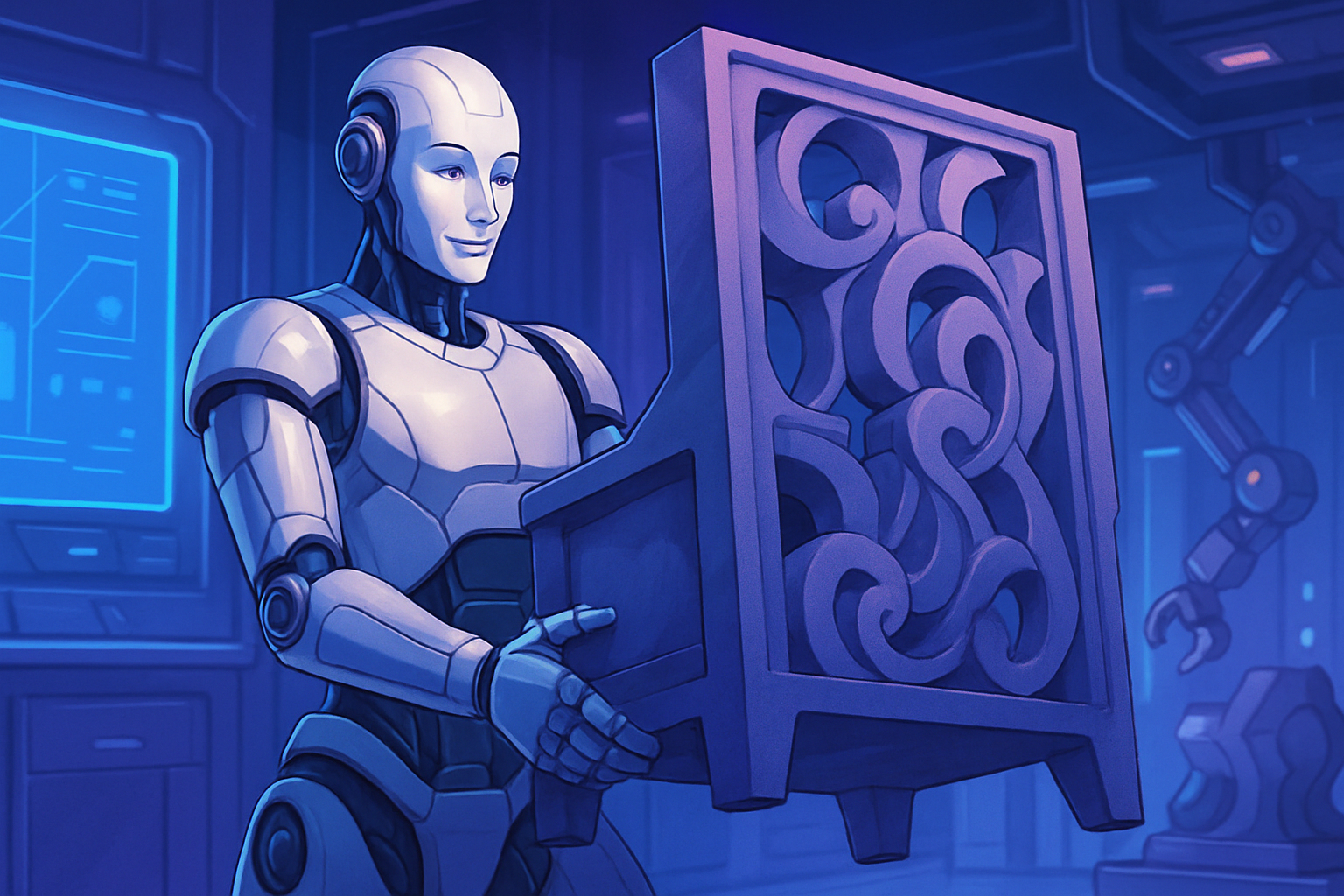Bridget Phillipson addresses a pressing issue: how can AI free up time for teachers? Education is undergoing a radical transformation thanks to the rise of artificial intelligence. AI offers unexplored opportunities to lighten administrative burdens and foster a more enriching learning environment. Contemporary challenges require innovative solutions, where technology becomes an essential ally. This major issue questions our conception of education and calls for a reevaluation of traditional teaching methods.
Bridget Phillipson and the future of education
Bridget Phillipson, the Minister of Education, highlights the potential of artificial intelligence (AI) to transform the teaching profession. This topic is drawing increasing attention, as AI offers innovative solutions to ease the repetitive tasks of teachers.
Revitalization of teaching through AI
The use of AI in educational settings proves promising. It enables the automation of many administrative tasks, such as grading assignments. By freeing up time in this way, teachers can focus on more enriching pedagogical activities.
AI tools for personalized learning
AI tools also allow for personalized learning, making education more effective. These technologies adapt content based on the specific needs of students, thus promoting individualized learning.
Collaboration between teachers and AI
A synergistic relationship between teachers and AI is emerging. Teachers play a central role in the educational process, while AI enriches their practice. This partnership encourages the emergence of innovative teaching methods.
Equitable access to education
Bridget Phillipson emphasizes the need to ensure equitable access to AI tools. Such initiatives can eliminate inequalities in education, thereby offering opportunities to all students, regardless of their background.
Training teachers to use AI
Training teachers to use AI is a major challenge. Training programs must include dedicated modules on AI to enable teachers to master these tools. This approach contributes to strengthening pedagogical skills.
Positive results from initial experiments
Initial experiments with AI in schools show positive results. Teachers report a noticeable improvement in student engagement and a reduction in their workload.
Ethical considerations regarding the use of AI
Ethical considerations surrounding the use of AI cannot be overlooked. Debates exist regarding the protection of student data and the fairness of algorithm application. Strict regulation is essential to ensure responsible use of these technologies.
Promising future for education
Bridget Phillipson’s vision for education remains optimistic. By integrating AI thoughtfully and collaboratively, it is conceivable to transform the educational landscape. This allows for the reinvention of teaching, making it both more accessible and of higher quality.
Common Questions FAQ
What is the main goal of AI according to Bridget Phillipson?
The main goal of AI, according to Bridget Phillipson, is to free up time for teachers by automating repetitive tasks and providing tools to personalize learning.
How can AI help teachers personalize learning?
AI enables teachers to gather data on student performance, thus identifying their specific needs and allowing for a more targeted and tailored learning approach.
What AI tools does Bridget Phillipson recommend for teachers?
Bridget Phillipson highlights several AI tools, such as adaptive learning applications and classroom management software that help simplify planning and assessment.
How does AI contribute to teaching efficiency?
By automating certain administrative tasks, AI allows teachers to focus more on interacting with students and on pedagogical content, thereby improving overall efficiency.
What are the benefits of task automation for teachers?
Task automation allows teachers to save time, reduce stress, and devote more attention to creativity and innovation in their educational practice.
How can AI help reduce educational inequalities?
Through an inclusive approach, AI can broaden access to educational resources for all students, including those from disadvantaged backgrounds, thereby mitigating inequalities.
What challenges might teachers face when implementing AI in the classroom?
Challenges include the need to train teachers on the use of these tools, managing concerns related to data privacy, and potential biases in AI systems.
How can parents be involved in integrating AI in schools?
Parents can support the integration of AI by participating in informational workshops, staying informed about the tools used, and collaborating with teachers to ensure a smooth transition.
What vision does Bridget Phillipson have for the future of education with AI?
Bridget Phillipson envisions an educational system where AI enriches the learning experience, allowing for flexible and personalized approaches that benefit all students.






